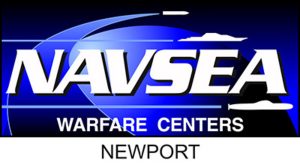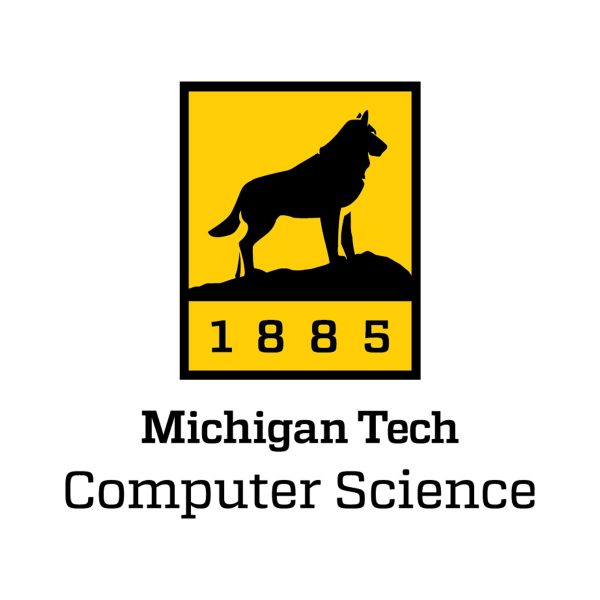College of Computing Social Media Assistant
This work-study student position will help the communications director increase social media engagement on College of Computing social media channels. Contact Karen Johnson with questions. Apply on Handshake.
INTERNAL POSITIONS
Hourly Paid Research Assistants
The Security and Privacy Lab has openings for hourly-paid research assistants. The student will eork on working on IoT security, mobile security, or cloud computing security. The student is expected to be eager to solve problems, and familiar with programming (C is preferred). Interested, please send resume to Dr. Bo Chen.
Undergraduate Paid Research Positions
Dr. Junqiao Qiu is seeking undergraduate research assistants who are 1) enrolled in CS or a closely related discipline at Michigan Tech, and 2) U.S. citizens, U.S. nationals, or permanent residents of the United States. RAs will work on a research project about GPU-accelerated FSM/graph computations with advanced speculation. For details and to apply, email your resume to Dr. Qiu (junqiaoq@mtu.edu). The positions run from September 2021 through mid-April 2022.
Graduate Research Position
Dr. Sidike Paheding, Applied Computing, is seeking a fall 2021 graduate student to assist with a research project. Pay rate: $15/hour, 10 hours/week, September 2021 through December 2021, with an extension possible. The research assistant will have experience in the Unity development platform and Virtual/Augmented Reality; knowledge in machine learning/AI is a plus. To apply, email Dr. Paheding.
Research Assistant
The Aerosol-Biosphere-Climate Interaction (GMES) is looking for a student with Python programming background to work on a newly-funded NASA project. The student will lead the development of a scalable Python script to create a structured dataset by merging ground-based and satellite observations of air pollutants. The following libraries are expected to be used: numpy, pandas and others for reading/writing Hierarchical Data Format. The student will gain experience in applying NASA’s space and ground observation assets to address changes in the atmospheric composition and associated impacts on air quality and climate. Contact Dr. Xin Xi if you are interested.
EXTERNAL POSITIONS
Staff Writer, Computer Science (Quanta), Simons Foundation, full-time. Reporter to identify and cover newsworthy developments in machine learning, quantum computing, computational complexity, algorithms, cryptography and other areas of theoretical computer science.

